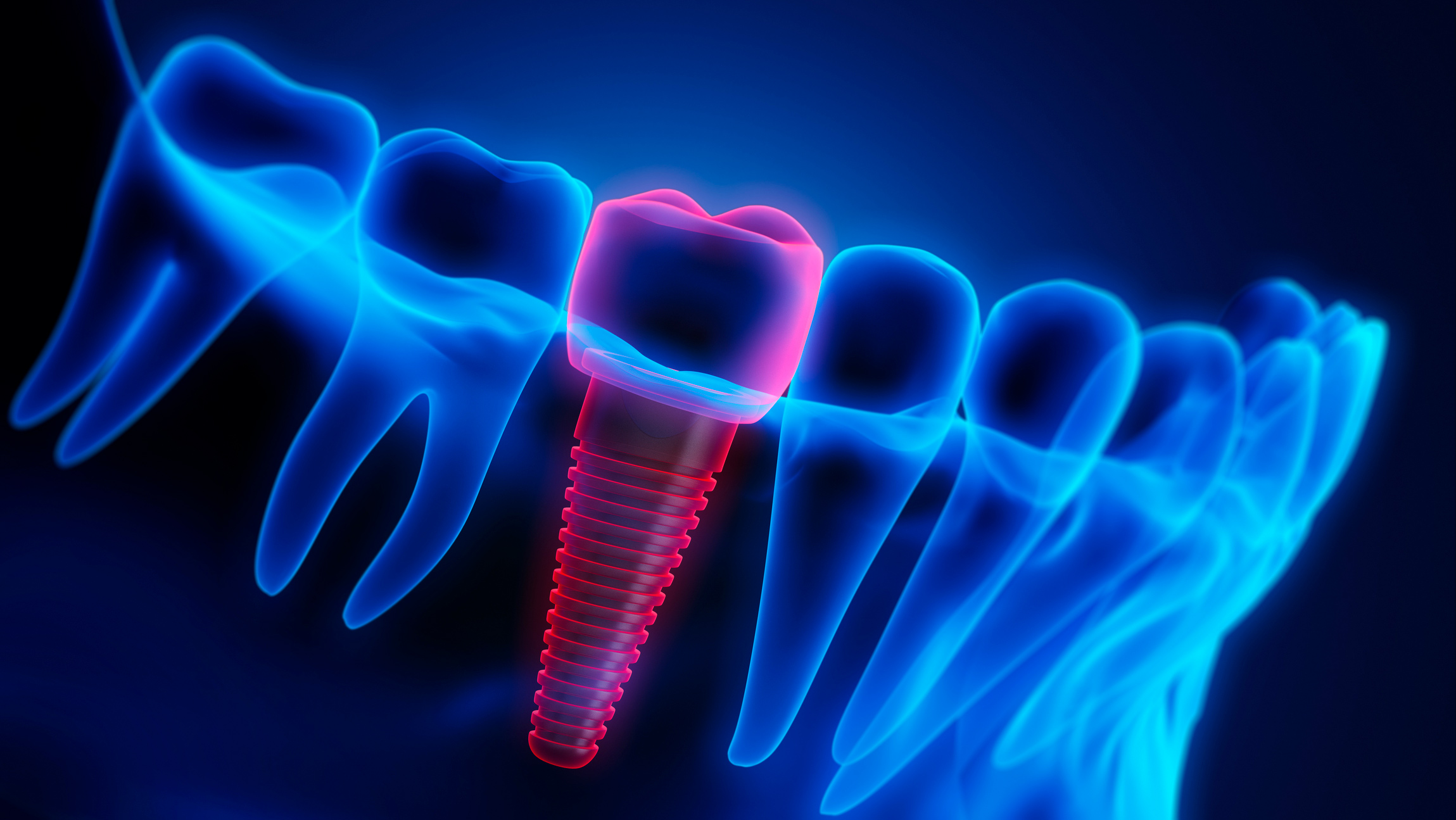
Texas A&M University researchers Dr. Yuxiao Zhou, assistant professor in the J. Mike Walker ’66 Department of Mechanical Engineering, and Dr. Jaesung Lee, assistant professor in the Wm Michael Barnes ’64 Department of Industrial and Systems Engineering, have been awarded the 2024 Seed Program for AI, Computing, and Data Science award from the Texas A&M Institute of Data Science.
Their project, “Toward Smart Orthopedic Surgery Planning by using Physics-Informed Machine Learning,” was selected as one of the top ten proposals in a competitive cycle featuring 39 submissions from researchers across three institutions.
Dental implant surgeries are critical for enhancing the quality of life, particularly among the aging population. However, their success depends on achieving optimal mechanical stress levels in the surrounding bone during chewing to prevent bone loss from insufficient loading and avoid bone fracture due to excessive loading.
Implant success is complicated by challenges such as delayed bone healing and age-related bone loss in older individuals and varying bone stiffness. Current methods for measuring bone stiffness are often invasive, computationally costly, or lack accuracy, creating a need for innovative and practical patient-specific solutions.
Our model will revolutionize surgical planning by delivering personalized, computationally efficient treatment plans with predictable outcomes.
To address this, Dr. Zhou and Dr. Lee are developing a hybrid biomechanical physics-informed machine learning model. Their approach combines experimentally measured bone deformation data with governing physics and a robust machine learning framework, enabling precise, personalized predictions of mechanical stress in the bone. This innovation provides an efficient tool for patient-specific dental surgery planning, optimizing bone healing and ensuring long-term implant success.
“Our model will revolutionize surgical planning by delivering personalized, computationally efficient treatment plans with predictable outcomes,” said Dr. Zhou.
The project also highlights interdisciplinary collaboration, leveraging Dr. Lee’s expertise in machine learning for healthcare systems to address a long-standing clinical challenge. The success of this work has the potential to extend beyond dental implants, offering advancements for other surgical applications in healthcare.
This award highlights Texas A&M’s commitment to research in AI, computing, and data science that drive solutions with real-world impacts.